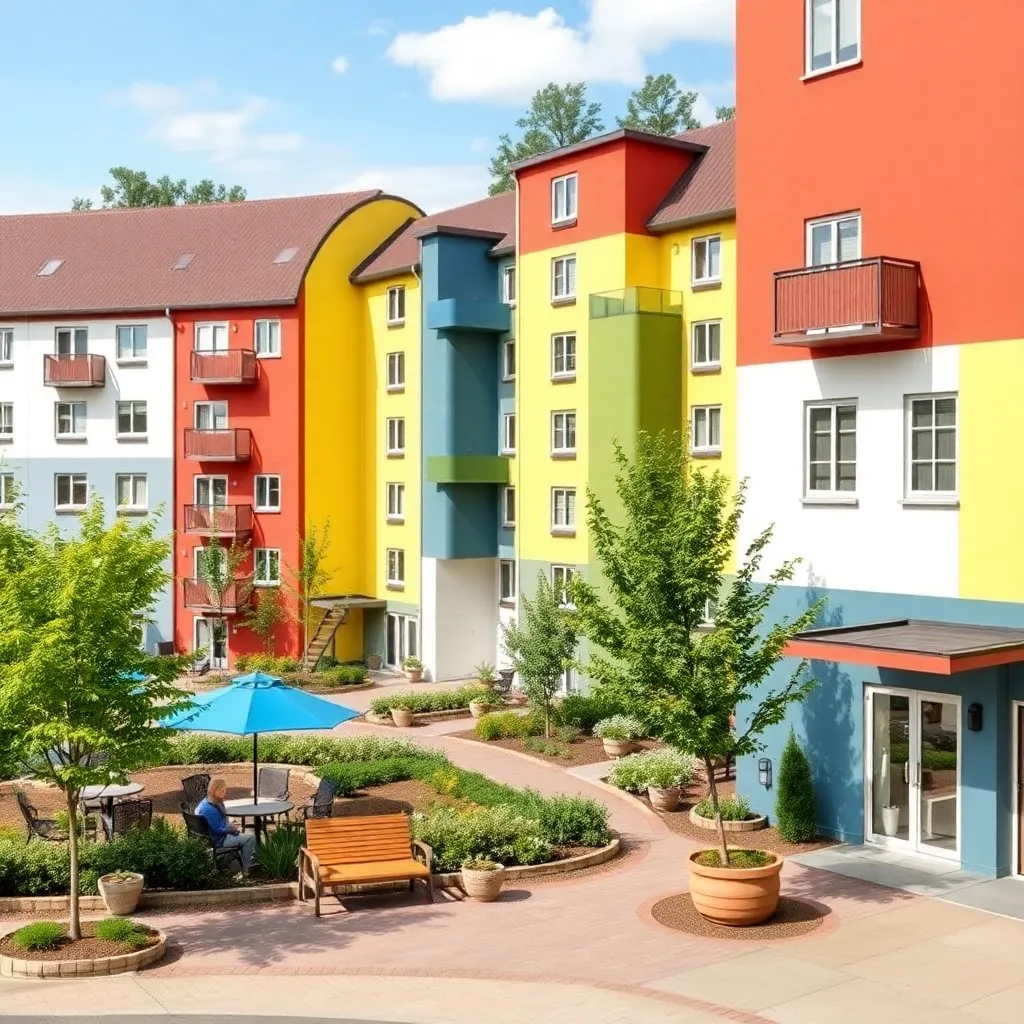

Exploring Health Through Housing: Birmingham Launches $3.7 Million Study to Transform Community Wellbeing
In a bold step towards improving health in our communities, the bustling city of Birmingham is now at the center of an important research project that has the potential to change lives for the better. That’s right; it’s all happening thanks to a massive investment of $3.7 million from the National Institutes of Health. This new initiative, known as the Housing, Environment, And Living Conditions for Transformed Health (HEALTHe Birmingham) study, promises a deep dive into how our living conditions affect our health.
So, what exactly is this study about? HEALTHe Birmingham is all about examining how different modifications in our homes and neighborhoods can impact our health outcomes. Researchers from the University of Alabama at Birmingham (UAB) are teaming up with the Housing Authority of the Birmingham District, the City of Birmingham, and a host of other community organizations to uncover this crucial data. The focus will be on assessing the health effects of various improvements, including public housing renovations, neighborhood enhancements, and even indoor air purification systems!
Dr. Gabriela Oates, the principal investigator of this groundbreaking project, has highlighted a significant issue: there are stark disparities in chronic diseases, especially lung-related ailments, between public housing residents and the general population. “The resulting human and economic burden is extraordinary,” she points out. This study is considered a once-in-a-generation opportunity to genuinely address these disparities.
The research aims to investigate how revitalizing public housing impacts lung health and reduces the risk of chronic diseases. This is particularly crucial because improvements funded by the federally backed Choice Neighborhood Initiative have not been thoroughly vetted for their effects on health. As Dr. Lori Bateman, another key figure in the study, notes, “Millions of dollars are invested in public housing revitalization each year, yet few studies have measured the impacts of these improvements on residents’ health and disease risk.”
What sets this study apart from others is its commitment to direct community involvement. Residents of various public housing communities including Southtown Court, Smithfield Court, Elyton Village, and Collegeville Center are not merely participants; they are partners. They will be actively engaged at every stage of the research process, ensuring that their voices are heard and their experiences shape the outcomes of the study.
Dr. Oates couldn’t be more thrilled about this research, seeing it as a culmination of years of effort at UAB to build trust within the community and establish partnerships aimed at promoting health equity. She emphasized, “This project would not be possible without our communities, organizational partners, and the infrastructure of the UAB Lung Health Center and the UAB Minority Health and Health Equity Research Center.”
With HEALTHe Birmingham being one of only three national initiatives supported by NIH for transformative health disparities research, the eyes of the health community are watching closely. The findings from this study could eventually influence public health policies and pave the way for future initiatives aimed at reducing health disparities.
So, mark your calendars and stay tuned, Birmingham! This study has the potential to not only uplift our neighborhoods but also significantly enhance the quality of life for its residents. It’s time for a healthier, happier Birmingham!
News Summary JPMorganChase has announced plans to triple its branches in Alabama from 11 to…
News Summary The Economic Development Partnership of Alabama is expanding its Birmingham Bound initiative into…
News Summary Alabama lawmakers are pushing for a new legislation to allow the sale of…
News Summary Milo's Tea Company has officially opened a new production facility in Spartanburg, SC,…
News Summary Pulitzer Prize-winning journalist Harold Jackson released his memoir 'Under the Sun: A Black…
News Summary The Birmingham Police Department has ramped up its efforts against drug-related crimes, resulting…